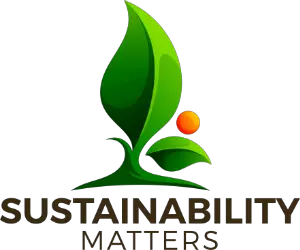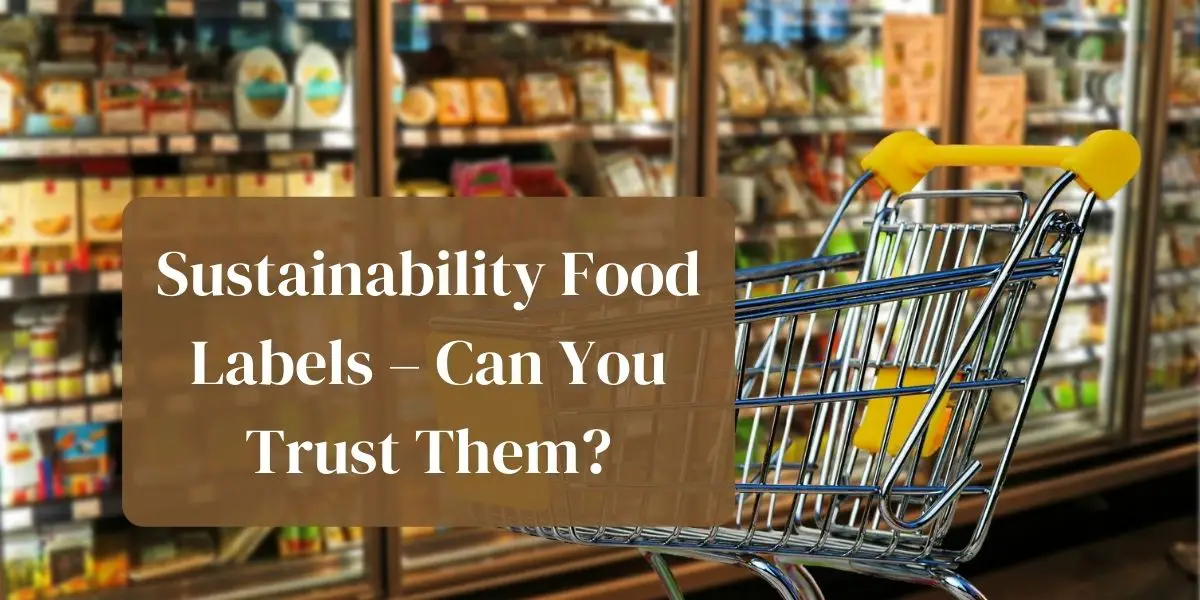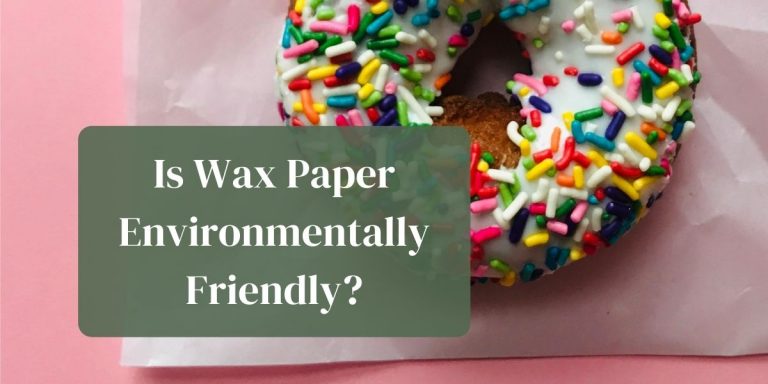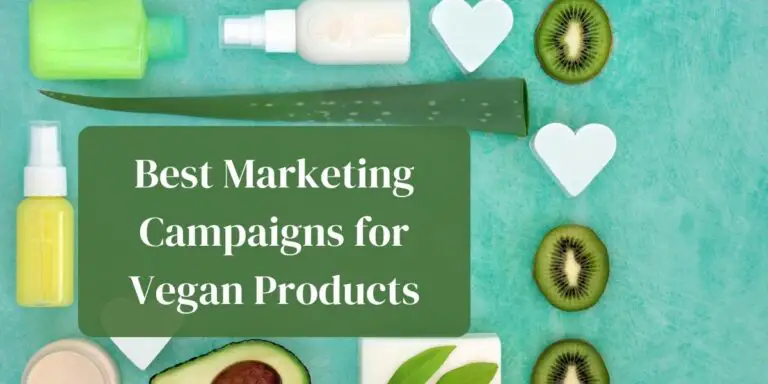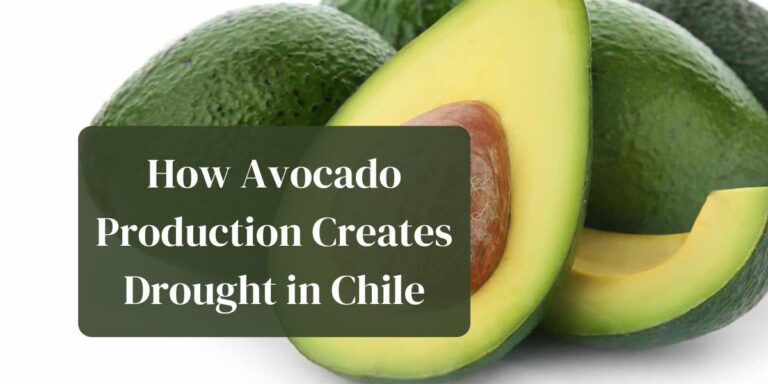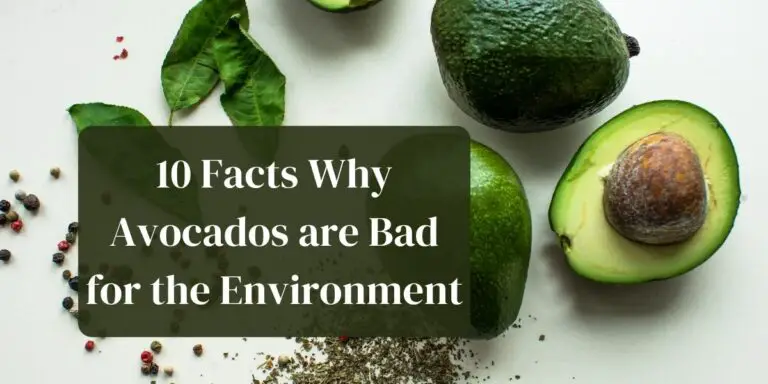Do you have questions about sustainable food certifications? No worries, this list of reputable ethical food certifications lays through the good, bad, and useless labels so that you may eat green and buy responsibly without sacrificing quality or safety. Download our helpful food label cheat sheet for your convenience!
Do food certifications, labels, and marketing claims make you feel perplexed and befuddled? You are not alone in your feelings. Taking a simple trip down any grocery store aisle involves attempting to interpret dozens of different labels pertaining to environmental, nutritional, and agricultural food labeling. It’s understandable that customers are perplexed by the terms “sustainable” and “ethical” on food package labels.
A sustainable diet requires that you understand where your food comes from, but it can be difficult to distinguish between stamps and seals that are backed by government agencies and reputable third-party certifiers and those that are merely marketing claims made by food manufacturers and distributors. That’s why we’ve compiled a list of the most reliable food certifications…as well as a list of those that should be treated with a grain of salt.
Are you ready to discover which food certifications and labels are worthwhile investing your time in? Let’s get this party started!
Table of Contents
Food certification labels you can trust
USDA Organic
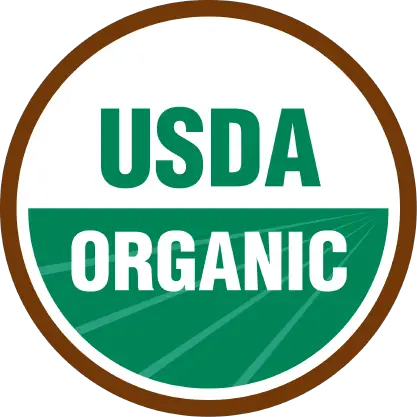
Any food product labeled USDA Certified Organic must be certified by a USDA-certified agency, which ensures that animals are fed organic feed and have access to the outdoors, and that plants foods are grown without the use of genetically modified organisms, synthetic fertilizers, herbicides, and insecticides, among other things. USDA Certified Organic is the highest level of certification available.
Some organic food supporters, on the other hand, believe that this is insufficient. Organizations such as the Real Organic Project and the Regenerative Organic Alliance advocate for the exclusion of concentrated animal feeding operations (CAFOs, also known as “factory farms”), hydroponic farming, and more stringent rules regarding the degradation of soils from organic certification.
👉 Should you place your faith in the USDA Organic certification? Yes, if you are worried about consuming organic foods, the USDA Organic label is a reliable source of information about organic goods. If, on the other hand, you have strong concerns about biodiversity and ecosystem preservation, the USDA certification may not be sufficient.
Demeter Biodynamic
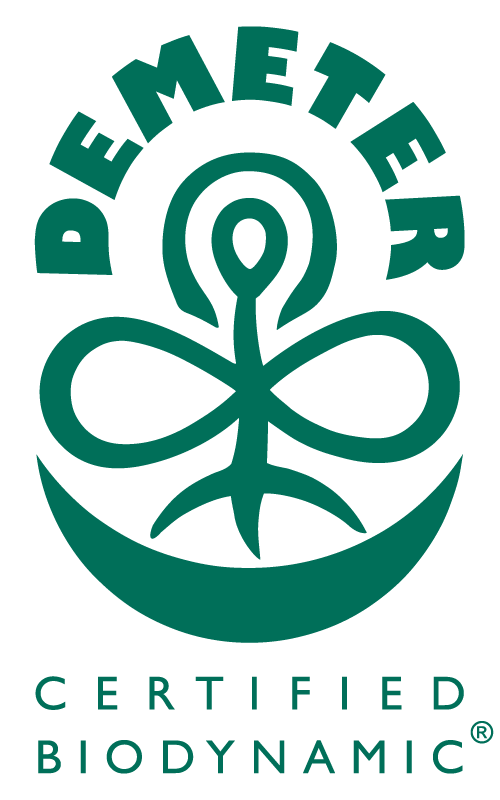
While the USDA Organic certification is the industry standard for recognizing goods that have been farmed and grown organically, the independent Demeter Biodynamic label takes into consideration the preservation of ecosystems as well. Using the USDA as a basis, this agriculture certification evaluates whether farms are guaranteeing the least amount of biodiversity loss possible through soil health, ethical animal husbandry, and regenerative agricultural methods. Learn more about how farms become Demeter Biodynamic certified by visiting this page.
👉 Why should you put your faith in the Demeter Biodynamic certification? Yes, Demeter Certified Biodynamic is the highest level of certification available in organic and regenerative agriculture. Even better, you may search for biodynamic-approved farms in your area using the convenient Demeter-certified farm interactive map.
Hormone- and Antibiotic-Free Labels
In general, the words hormone-free and antibiotic-free are considered reliable labels; nevertheless, the sort of food products that bear these labels varies. Here’s a rundown of what you need to know about hormones and antibiotics in general:
Hormone-free Food Labels
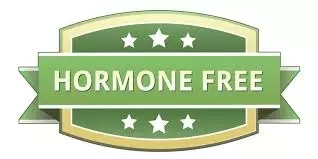
The USDA prohibits the use of artificial growth hormones in organic milk and meat, thus purchasing organic will always ensure that the product is devoid of additional hormones.
When it comes to conventionally farmed meat and dairy (as opposed to organic), the term “no added hormones” may be used to indicate that no artificial hormones were used in the rearing of the animals. Keeping in mind that, according to the USDA, artificial hormones are never permitted in the production of chickens or pigs.
Remember that the phrase “no added hormones” or “without extra hormones” is used since animals, like humans, naturally produce hormones. As a result, claiming “no hormones” is not strictly true because hormones may be detected in animal meals that are not intentionally added. These labels allude to the inclusion of hormones, namely growth hormones (which lengthen the amount of time it takes for an animal to attain full growth/maturity), to the diet.
Antibiotic-free Food Labels
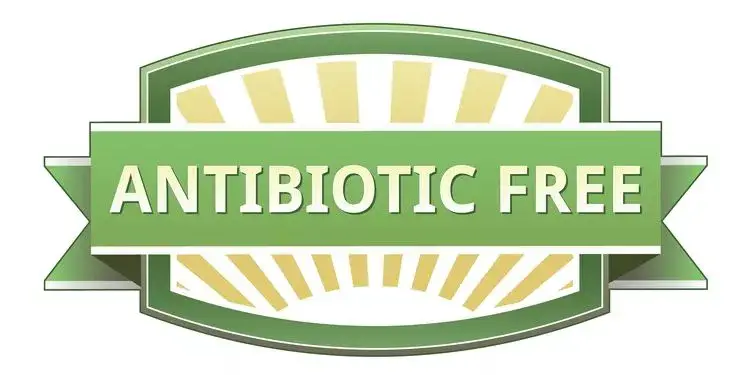
Meat, poultry, and eggs from conventionally reared animals can be labeled with the phrases “no additional antibiotics,” “raised without antibiotics,” and “never raised with antibiotics.”
👉 Should you trust Hormone and Antibiotic-Free labels? To a large extent, you may rely on the hormone and antibiotic labels on conventionally raised beef, poultry, and eggs when purchasing these products. Be careful to pay attention to how the label is worded; “without the use of routine antibiotics” might imply that the animal did get antibiotics, but not on a routine basis. Whenever feasible, buy organic animal foods to guarantee that the animal foods you consume do not include any additional hormones or antibiotics.
Certified Humane
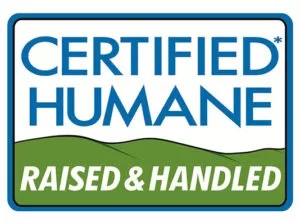
The Certified Humane standard guarantees that animals produced for food are not abused, and that they have access to shelter places, access to the outdoors, and the required amount of space per animal, as specified by the standard. The accreditation also guarantees that a facility’s slaughter methods are in accordance with what is generally considered to be humane in the industry.
Numerous animal rights activists, on the other hand, contend that the space requirements for poultry are inadequate, and that there is no “humane” slaughter in the systematic slaughter of birds for food production.
👉 Should you trust the Certified Humane label? If you consume animal products and think that animals produced for food should be treated humanely, the Certified Humane label should be one of the certifications you seek for in meat, poultry, and eggs you purchase.
Animal Welfare Approved
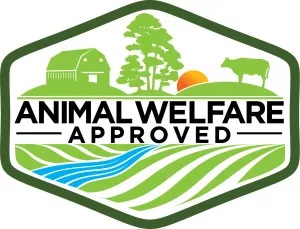
If you eat animal products but want to make sure that the meat, poultry, and eggs you buy are raised ethically, the Animal Welfare Approved mark is regarded to be the highest-rated certification available. It includes strict restrictions about the amount of pasture available to grazing animals, the amount of space available per animal, and the capacity of animals to show their natural behaviors (roaming, etc.).
👉 Should you trust the Animal Welfare Approved certification? Absolutely. If the ethical treatment of animals produced for food is something that is important to you, seek for the Animal Welfare Approved mark on all of the meat, poultry, and egg products that you purchase.
Fair Trade Certified
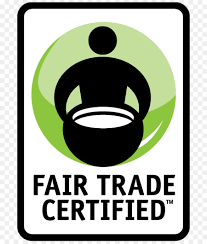
It is not just organic products and ethical animal care that are regulated by certifications and labels, but also the fair working conditions for humans. The Fair Trade Certified mark indicates that the product was sourced from farms and businesses that are committed to improving the working conditions of agricultural employees. Among the most abused crop trades worldwide are bananas, chocolate, and coffee, among other items bearing the designation. It is becoming increasingly common in other products as well.
👉 Should you trust the Fair Trade Certified label? In fact, when you purchase fair trade bananas, coffee, and tea, you are helping to reduce the exploitation of disadvantaged agricultural workers throughout the world by purchasing items that support this cause.
Which food labels should you ignore?
In general, the food certifications listed above are trustworthy marks that are supported by strong government monitoring or rigorous third-party evaluations. In contrast, there are several other food labels and claims that are complete nonsense, and they should be viewed with a suspicious eye-roll.
Pasture-Raised
It is not guaranteed that animals had access to the outdoors, ate an organic food, or were treated ethically unless this mark is used in conjunction with an animal welfare certification such as Animal Welfare Approved.
Free Range
An additional label to be wary of if the food product
does not also have an animal welfare certification is the USDA organic label. If this is a stand-alone claim on a carton of eggs, it does not necessarily imply that the hens had access to genuine pasture – it might simply imply that they had a little enclosed porch to access.
100% Natural
You should examine food marketing if you encounter the term “natural” on a product label that does not include any additional certifications. Everything that is natural might be considered such as natural flavor extracts, naturally produced additives, and so on. Even high-fructose corn syrup is referred to as “natural.”
Locally grown
While eating and shopping locally is something we strongly encourage here at Green Universe, the terms “local” and “locally grown” are not defined in any way, and there are no established limits for what foods are considered “local” or how far away “local” truly is. Some cities and states have individual initiatives to assist residents in identifying locally grown foods; however, the most effective way to buy locally grown foods is to visit your local farmer’s market, join a community-supported agriculture program, and get to know the people who grow the food you buy.
With all of the many food labels, claims, and certifications that are available, it’s easy to understand why the typical customer is perplexed by what the various food labels indicate. But with a little study, you can empower yourself with the information of which certifications are most aligned with your particular dietary philosophy. And that is what green eating entails: making the best selections possible in order to ensure a more sustainable food future.
